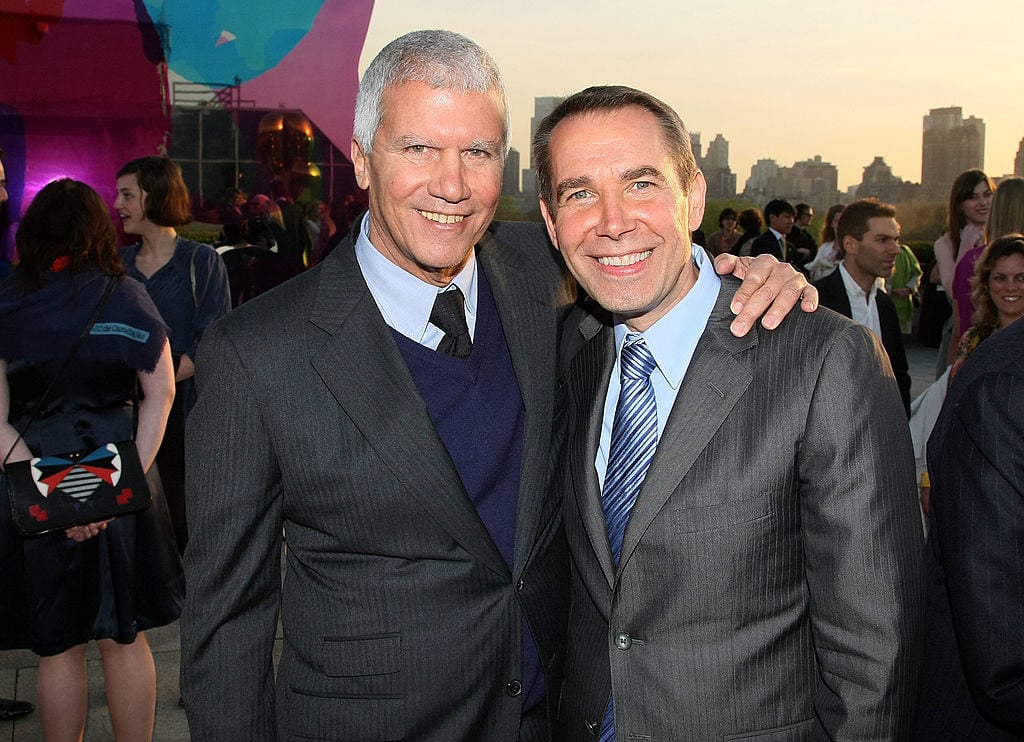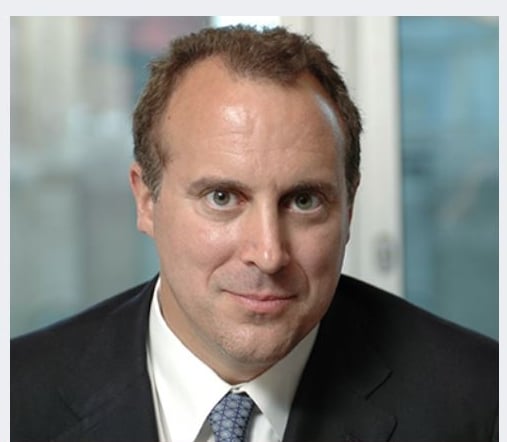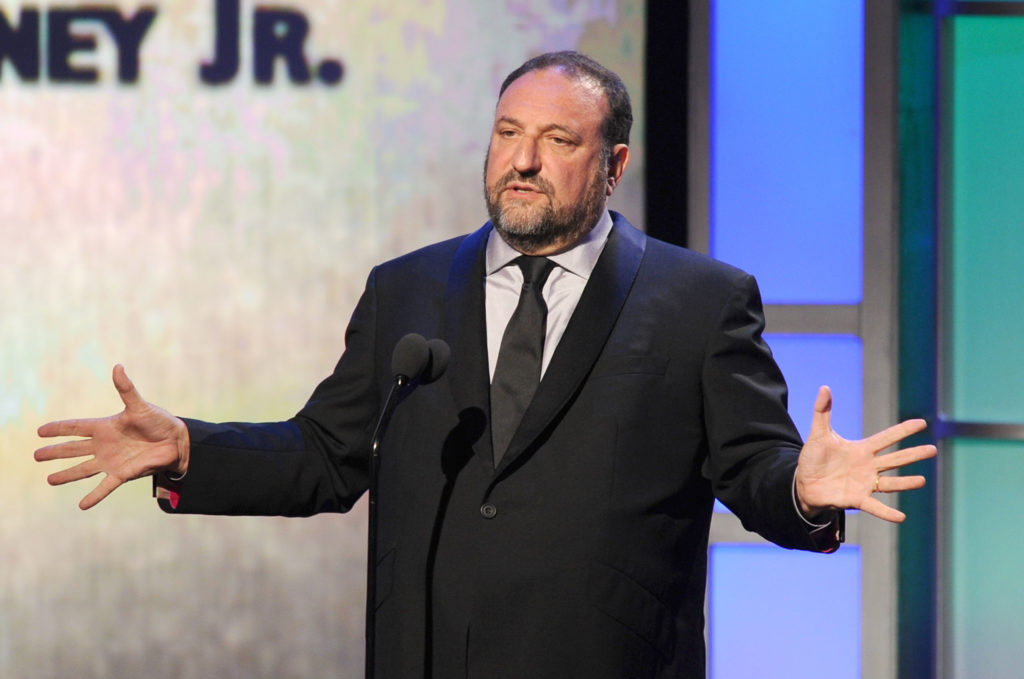Law & Politics
Gagosian Fires Back, Moving to Dismiss Lawsuits by Two Disgruntled Jeff Koons Collectors
The gallery claims it was transparent about potential delays and tried to accommodate alternate payment plans.

The gallery claims it was transparent about potential delays and tried to accommodate alternate payment plans.

Eileen Kinsella

Attorneys for Gagosian Gallery have come out swinging against the collectors who filed separate lawsuits against the gallery in April. Since then, Gagosian lawyers have moved to dismiss both lawsuits, in which the collectors complained about repeated fabrication delays in the Jeff Koons sculptures they purchased.
The first lawsuit was filed by asset management executive Steven Tananbaum, who alleged that Koons and the gallery failed to deliver three monumental sculptures, even after he paid millions of dollars for them.
The second lawsuit came from The Matrix film producer Joel Silver. His suit, which did not name Koons, relied in part on material contained in Tananbaum’s suit, and alleged that Gagosian failed to deliver the artist’s Balloon Venus Hohlen Fels, which Silver agreed to buy for $8 million in 2014. In court documents, Silver said that when he attempted to cancel the deal the gallery told him he would then have to forfeit the $3.2 million he had already paid.

Steve Tananbaum. Image courtesy of LinkedIn.
Gagosian attorney Matthew Dontzin, of Dontzin, Nagy & Fleissig, filed a motion to dismiss Tananbaum’s suit yesterday, asserting that Gagosian Gallery gave the collector regular updates about the estimated completion dates for the first of the works he purchased, Hohlen Fels. Yet even after a more than two-year delay, “Tananbaum agreed to purchase two more works with ‘estimated’ completion dates,” the motion says.
For those works, Eros and Diana, Tananbaum negotiated a different payment schedule and an “option” for Diana, whereby he could cancel his commission upon viewing an earlier completed edition, the court papers say. However, without ever viewing the first edition of Diana, “Tananbaum demanded to immediately terminate the Diana purchase agreement and, when the gallery rejected his cancellation as premature, he filed this lawsuit,” Gagosian’s response says.
Tananbaum’s complaint fails to show any breach of the agreement, the new motion says, since the contract set only “estimated” completion dates. Tananbaum’s attorney, Aaron Richard Golub, did not immediately respond to a request for comment.
Meanwhile, Gagosian’s attorney also moved to dismiss Joel Silver’s lawsuit in May, alleging that the collector “repeatedly failed to make agreed-upon payments” even after the gallery offered a modified schedule. Then, just days after Silver’s attorney said he would make the payments, Silver “reneged and sued the gallery,” according to the dismissal document.

Producer Joel Silver speaks during the 25th American Cinematheque Awards in Beverly Hills, California. Photo by Kevin Winter/Getty Images.
Several of Silver’s claims fall under Article 15 of New York Arts and Cultural Affairs Law (ACAL), which gives art buyers substantive rights and remedies against art merchants who sell artworks produced in multiples. But according to Gagosian’s response, Balloon Venus Hohlen Fels is not subject any disclosure requirements under Article 15 “because it is a ‘unique’ fine art sculpture not a ‘multiple.'” (It remains an open question whether Koons’s work should be considered unique or a multiple.)
The response also challenges allegations in Silver’s complaint of “false statements,” asserting that Gagosian Gallery “has not made any false statements or failed to make any required disclosure” regarding the work’s editions.
Update: Silver’s attorney told artnet News on June 22 that she filed a memo opposing Gagosian’s motion to dismiss in New York State Supreme Court last week. The memo reasserts Silver’s argument that Balloon Venus is a “multiple” and subject to ACAL, and that Gagosian violated ACAL by failing to disclose appropriate information about the production process.